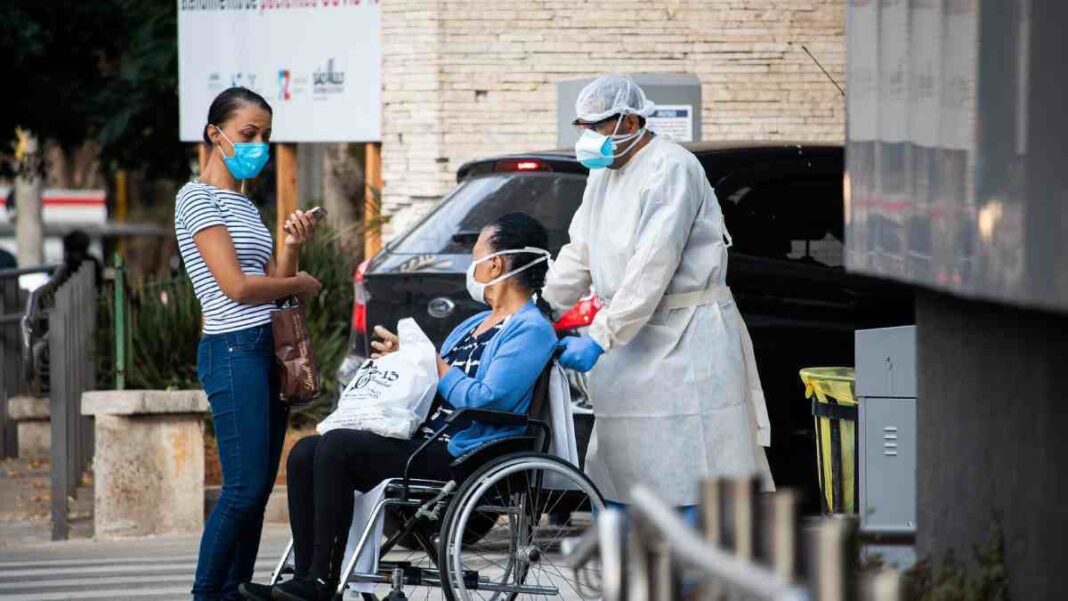CHINA: People started lining up in the lengthy queues outside immigration offices in Beijing on Monday, keen to renew their passports after China lifted COVID border restrictions that had practically prevented its 1.4 billion inhabitants from travelling for three years.
Sunday’s reopening is one of the final steps in dismantling China’s “zero-COVID” policy, which started last month following historic demonstrations against restrictions that prevented the virus but fueled intense animosity among its people.
Yang Jianguo, a 67-year-old retiree, told the media while waiting in a queue of more than 100 people in the Chinese capital to renew his passport that he intended to see his daughter in the United States for the first time in three years.
“She got married last year but had to postpone the wedding ceremony because we couldn’t go over to attend it.” “We’re very glad we can now go,” Yang stated while standing next to his wife.
On Monday, investors bet that the reopening would boost a $17 trillion economy that was experiencing its slowest growth in nearly fifty years. This led to a strengthening of the Chinese currency and stock markets.
Beijing’s decision to lift quarantine curbs for visitors is anticipated to promote outbound travel because locals won’t be subject to the same regulations upon their return.
However, flights are limited, and several countries are requiring visitors from China to submit to negative testing in an effort to stem an outbreak that is overstretching many of the hospitals and cemeteries in China. Travelers must also have negative COVID tests before leaving China.
COVID infections are reaching a peak nationwide, according to China’s senior health officials and state media, who are downplaying the harm the disease now poses.
Some media outlets praised the government’s anti-virus initiatives in an editorial published late on Sunday, declaring that they had advanced from “preventing infection” to “preventing severe disease” and that “life is moving forward again!” “Today, the virus is weak, but we are stronger.”
As of January 8, China had officially reported only 5,272 COVID-related fatalities, one of the lowest rates of infection-related deaths in the entire world.
However, the World Health Organization (WHO) asserts that China is under-reporting the size of the outbreak, and international virus experts predict that more than a million Chinese civilians could pass away from the illness this year.
Shrugging off all those gloomy predictions, Asian markets mounted a five-month high on Monday, while China’s yuan value rose to its highest level against the dollar since mid-August.
The Shanghai Composite Index (.SSEC) jumped 0.5%, the Hang Seng Index (.HSI) in Hong Kong increased 1.6%, and China’s blue-chip index (.CSI300) gained 0.7%.
A boost in traveller demand in the near future may be hampered by the limited flights to and from China, which are now at a small fraction of pre-COVID levels.
Flight Master data shows that China had 245 international flights arriving and departing on Sunday, down from 2,546 flights on the same day in 2019.
However, the number of inbound and outbound trips is predicted to recover to only 30–40% of pre-COVID levels this year, according to a several reports.
In 2023, China’s domestic tourism revenue is anticipated to recover to 70–75% of pre-COVID levels.
Also Read: China’s ‘Largest Migration’ Kicks Off amid COVID Surge



